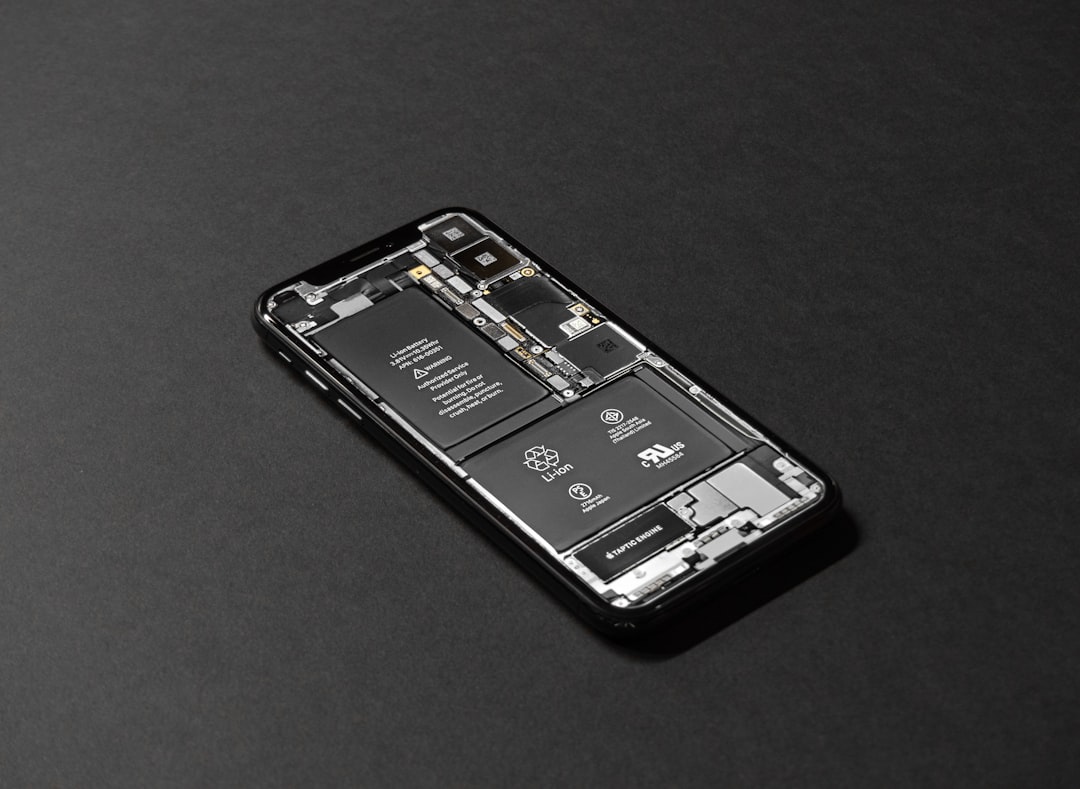Reconditioning Deep-Cycle Batteries with Epsom Salt
Essential Tools and Equipment for Proper Battery Care
In effect this meansTrying unverified quick fixes such as adding baking soda can do more harm than good to your battery's longevity and performance. For sustainable results tailored toward extending your device's operational life effectively – trust established science-backed practices over unproven hacks circulating through digital channels. The Risks of Common Battery HacksPopular online videos often advocate for quick fixes like adding Epsom salt to battery cells to revive them.
Alternative Hacks and Their ImpactsOther prevalent hacks include using baking soda or aspirin to rejuvenate batteries. When to Choose Professional Battery Services Over DIY FixesUnderstanding the Limits of DIY Battery Revival TechniquesWhen a battery begins to show signs of failure, the inclination might be to turn to internet solutions like Epsom salt additions or other home remedies.
Pulse Charging: A Double-Edged SwordPulse charging presents another complex scenario where good intentions may lead to adverse outcomes if not executed correctly. Battery clarify that these methods do not genuinely improve battery performance.
For instance, baking soda neutralizes the essential sulfuric acid within the battery, reducing its capacity permanently. The idea stems from its ability to increase the specific gravity of the battery's electrolyte.
